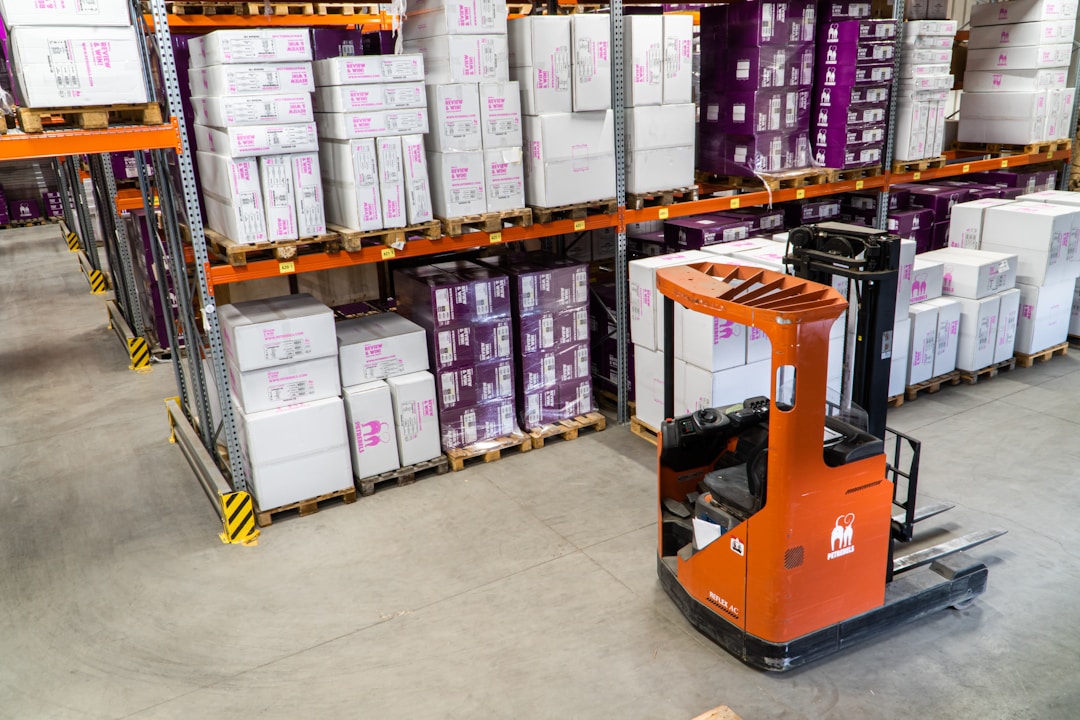In today’s modern business world, the importance of digital technology has grown by leaps and bounds. Over the past decade, the majority of consumers have adapted to online ordering and the ease of use that comes with making purchases through their smartphones. With that in mind, many independent sellers have pivoted towards home businesses and e-commerce, even in the food and hospitality industries.
But what innovations exist to help traditional brick-and-mortar businesses bring their own practices into the modern era? While it may seem as though e-commerce companies and work-from-home business models have slowly become the industry standard, many other companies have been able to assimilate certain technological advances into their daily practices. The good news for all business owners is that many new technologies exist to add convenience and accuracy to their organization, no matter the industry. Here, we will look at just a few of the most popular and helpful innovations that can bring any brick-and-mortar business into the modern era.
A New Means of Inventory

Although the conveniences of e-commerce and virtual office platforms have changed the face of traditional workflow, there are numerous industries that still depend upon walk-in clientele and location-based marketing. For example, high-end retailers, specialized boutiques, hospitality businesses, and even restaurants still require commercial real estate in order to function. One major commonality among all of these diverse industries is an accurate means of modern inventory organization. Here, a POS computer system (or point of sale system) can be the ultimate time-saver.
For those unfamiliar, a modern POS system is an app-based program that uniquely monitors the inventory of any company licensing its use. Aside from merely keeping track of product replenishment, new POS systems can also act as a barcode scanner, a credit card reader for numerous types of payment, and even a receipt printer. With a point of sale app installed into the tablet or smartphone of the manager-on-duty, the system can even retain customer information and connect to the main cash drawer for change or needed refunds. Although a brick-and-mortar location already has these solutions throughout the premises, adding a digital POS system into routine protocols can keep complete accuracy when it comes to sold or missing products, when reordering becomes necessary, and even as far as adding modern mobility to the business itself.
Modern Shipping and Logistics

One of the most popular aspects of today’s retail and manufacturing industries among consumers is the quick turnaround and efficiency of shipping and delivery. Aside from the conveniences of ordering goods and services with the touch of a button via an app or website, the swift delivery of the order has also changed the game for customers. While this trend is most recognized within the retail business structure, the benefits of improved shipping and logistics can work for any organization where B2B transportation of materials is needed. In effect, any brick-and-mortar company can see greater success by adapting to modern digital shipping methods.
For example, today’s companies and consumers alike have a deep appreciation for environmentally conscious means of logistics and shipping, in particular. As stated on their own website, earthwisepackaging.com, the Austin-based Earthwise Packaging specializes in American-made, factory-direct jars, bowel, and vials crafted from organic, plant-based materials. Aside from working alongside nationwide manufacturers and retailers for the benefit of the local business community, this practice also sets an example of earth-conscious sustainability. For a solid combination of efficiency and the numerous environmental and financial benefits of “going green” when it comes to shipping, brick-and-mortar organizations can easily adapt to such mindful workflow protocols. No matter the organization or goods and services supplied, better shipping and logistics can always lead towards more accurate retail transactions, stronger customer relationships, and overall client loyalty.











